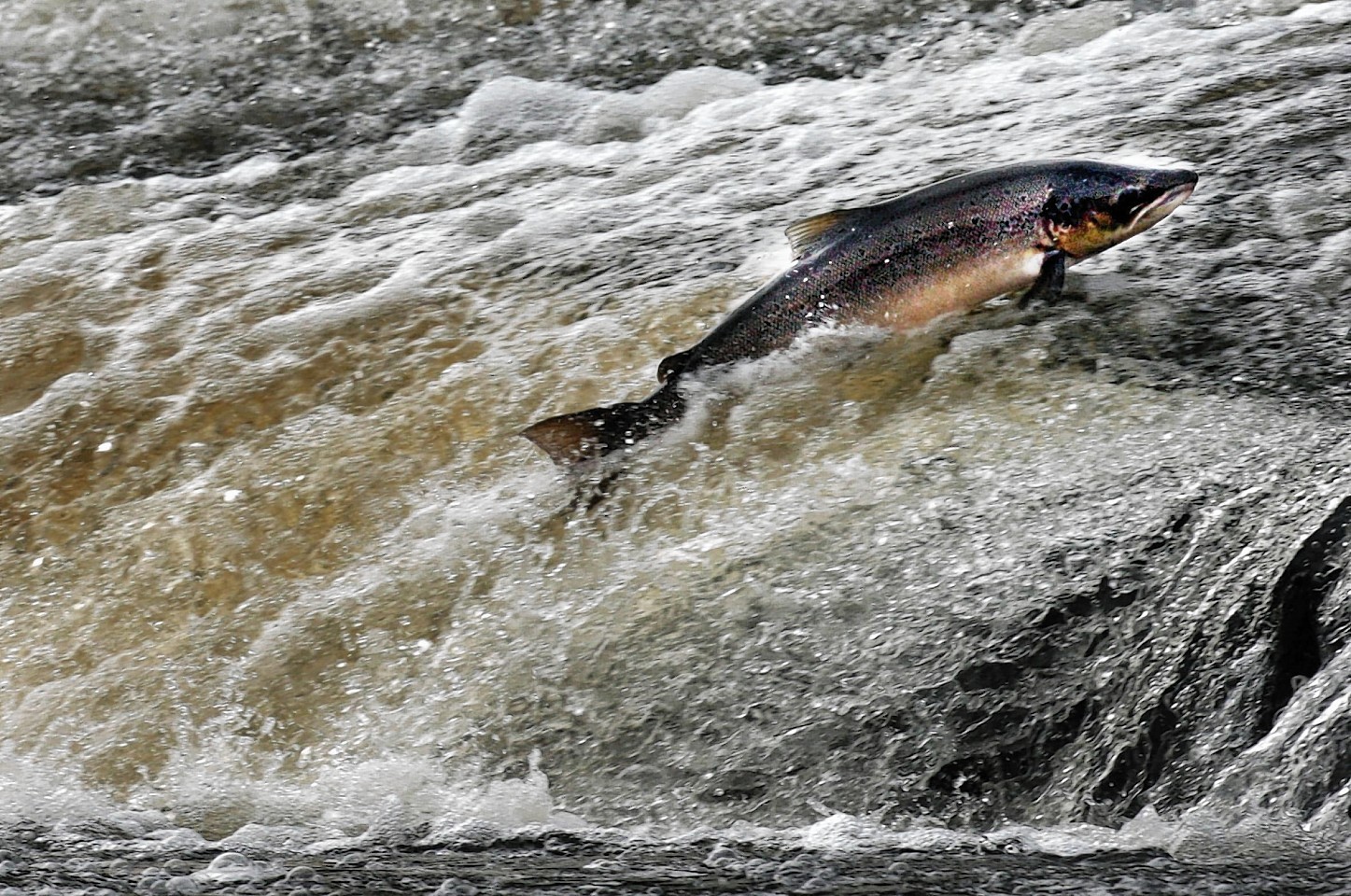Gill net fisheries in France, Greenland and Newfoundland are a threat to the survival of wild Atlantic salmon, a conservation body has warned.
The US-based Atlantic Salmon Federation (ASF) said it was “very concerned” that hard-earned conservation gains during the past decade, which boosted the numbers of large egg-bearing Atlantic salmon in North American rivers, were now in jeopardy.
ASF president Bill Taylor added: “Gill net fisheries for salmon at Greenland, Labrador and St. Pierre et Miquelon are growing threats.
“In the mix are threatened, endangered and at-risk Canadian salmon and endangered US salmon, harvested to supply Greenland factories, open air markets and food fisheries.”
“These mixed-population fisheries are unacceptable human impacts upon salmon runs that are already suffering from habitat loss, interactions with farmed salmon, and changing environmental conditions.”
ASF said there were steps that could be taken this year that would have “an immediate and very positive effect”.
It added: “The Greenland fishery should be limited to a subsistence fishery, which historically has been 20 tonnes (down from current annual levels approaching 50 tonnes).
“At Labrador, Canada needs to work with First Nations (indigenous groups) to satisfy their subsistence harvest through selective harvest.
“As far as the (French) St Pierre et Miquelon fishery is concerned, NASCO (North Atlantic Salmon Conservation Organisation) must make a bigger effort to get France to the table at its annual meeting to discuss ways to cut this rising interceptory fishery.”
